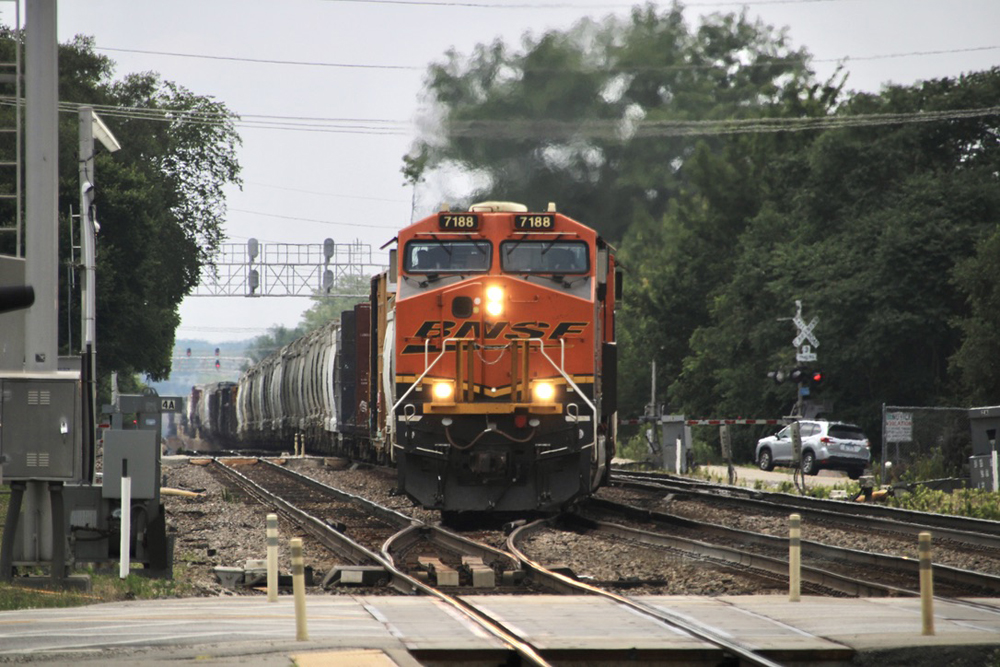
FORT WORTH, Texas — BNSF Railway has created a new team that’s focused on carload volume growth.
The 13-member First Mile/Last Mile team combines personnel from the railroad’s Shortline Development and Industrial Products Business Development. The group, led by General Director of Marketing Mark Ganaway, will be dedicated to growing carload volume across the railroad’s 32,500-mile network.
“As our industry continues to evolve, every single carload is important to our network, and every single rail shipment helps our customers create more value for the nation’s consumer,” BNSF Chief Marketing Officer Tom Williams said in a statement today. “First Mile/Last Mile will be focused on providing solutions and breaking down those barriers, leading to a more streamlined supply chain from start to finish.”
Last fall, BNSF announced its Shortline Select program, which combines the benefit of customized shortline service with BNSF’s reach. First Mile/Last Mile furthers BNSF’s efforts to partner with short lines and develop solutions that drive growth for its customers.
The First Mile/Last Mile team will be primarily based at BNSF headquarters in Fort Worth.






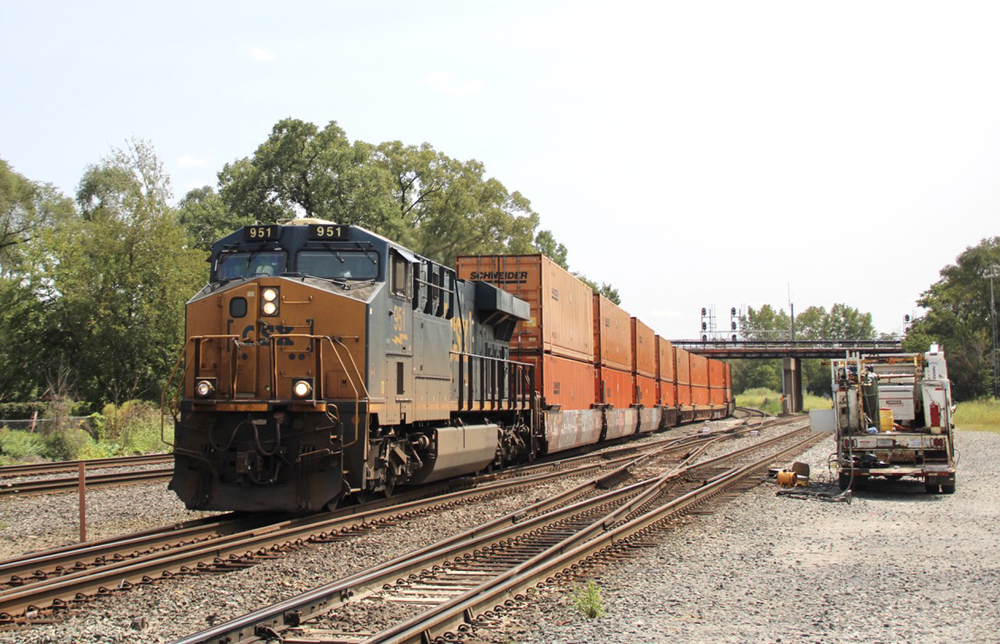
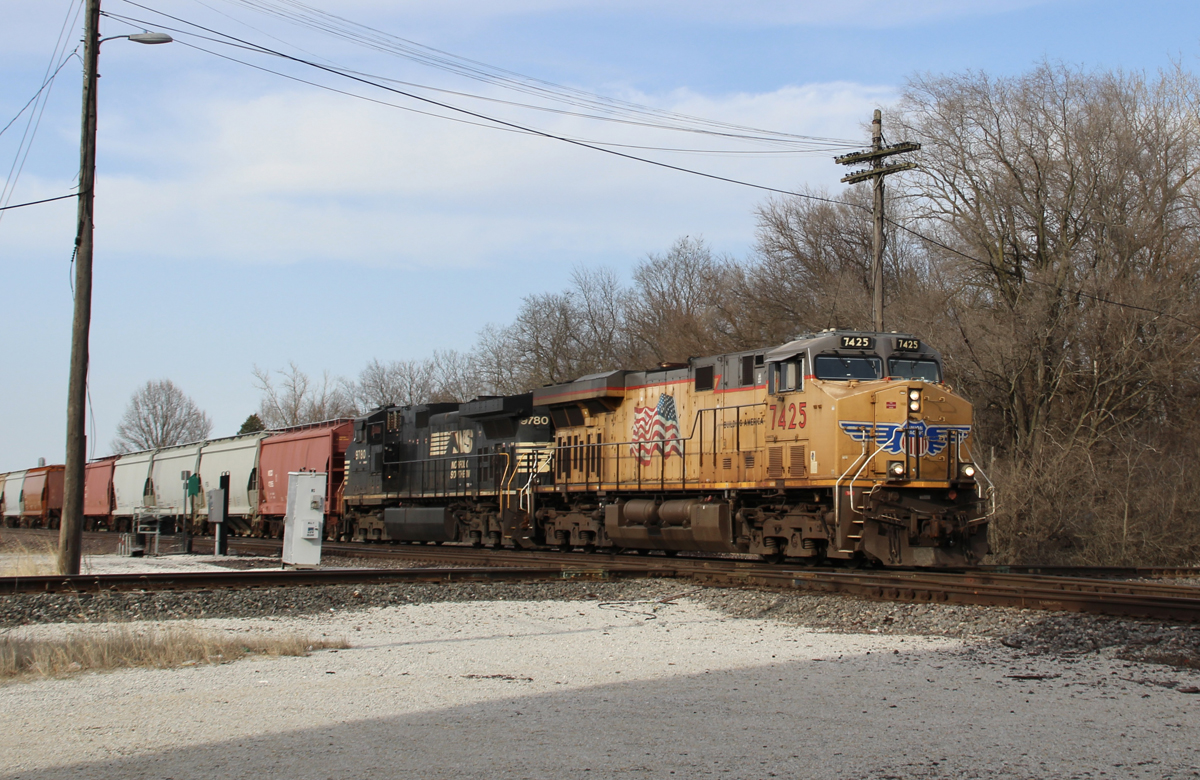
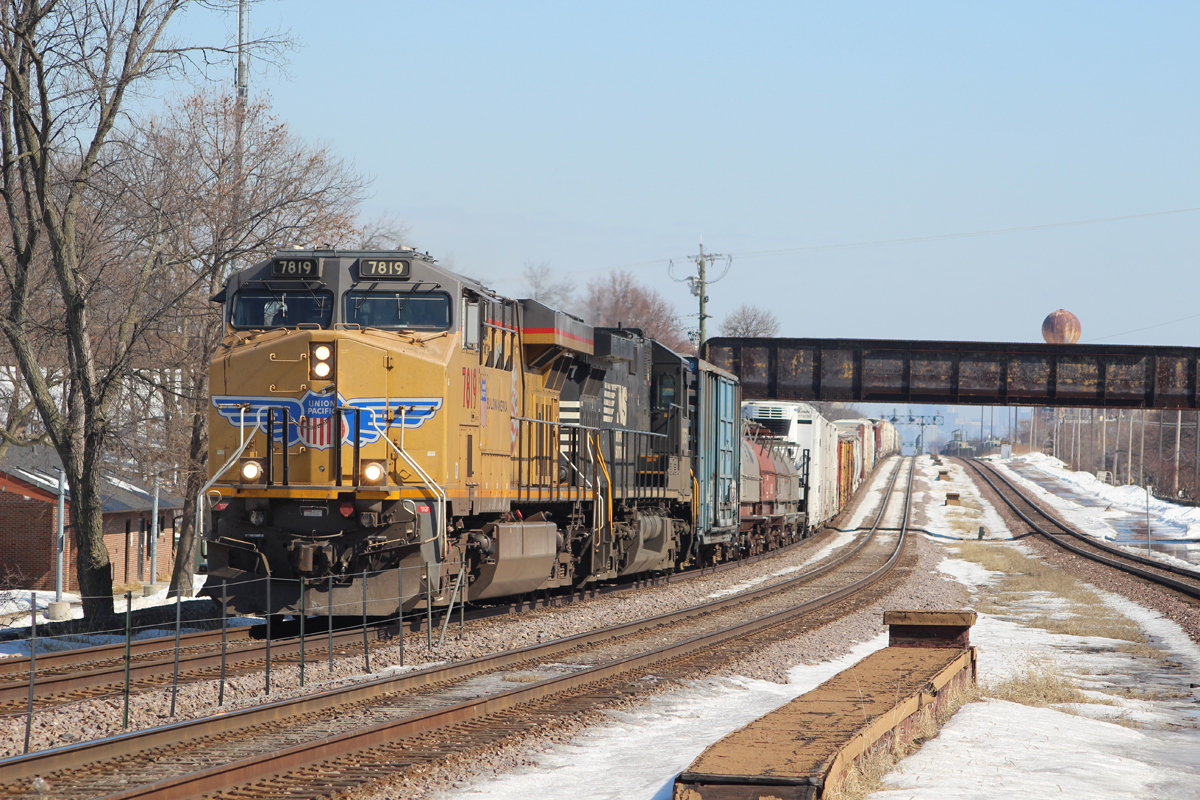
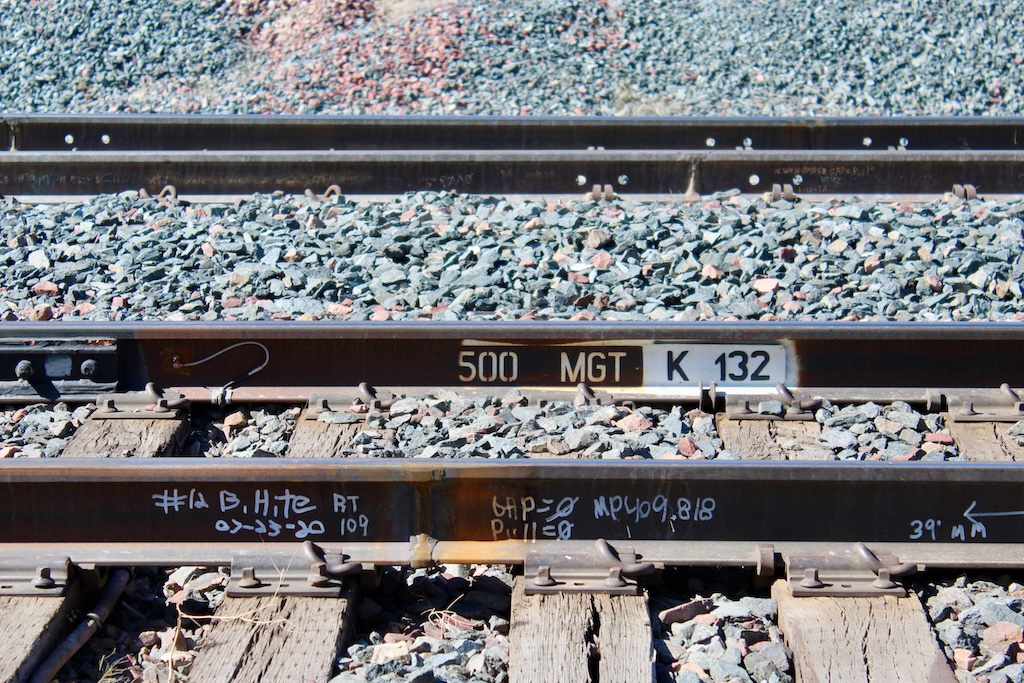




“BNSF Railway has created a new team that’s focused on carload volume growth.”
Which begs the question: What the heck has the current Sales and Recreation team at BNSF, and the other Class 1’s as well, been doing all of these years?
Interesting points raised by Mr. Rice above. And interesting analogy (hunting for bottles, Class I railroads “hunting” for individual carload traffic).
Yes indeed, it is going to be tough going for the BNSF “Last Mile” team to go hunting for this business, given the current economic and political dynamics, coupled with major deindustrialization in the U.S. However, I give great kudos and credit to the BNSF Railway leadership for recognizing this neglected market and the opportunities for growth that it might (eventually) create.
I cannot help but wonder if the leadership of a certain western Class I competitor based in Omaha is thinking along these lines?
Recall, NS was a pathfinder on this concept to work more closely with the short lines. Patrons of short lines are usually very positive in their comments about those carriers. For their part, the short line carriers are very close with their patrons and have been “beating the bushes” for years to capture carload growth.
If anyone can do this it will be BNSF it seems they are the ones that are trying to think forward and work with customers.
When I was a kid, we used to be really motivated in the summers to go find glass bottles in all sorts of locations. It was a fun way to earn money by returning the bottles for the glass deposit money.
Pretty soon there were no more glass bottles, everything turned to plastic. There were no deposits on plastic bottles and aluminum cans so when we did our hunt, it turned into a trash pickup with no money to show for it.
I have a feeling that the BNSF “Last Mile” team is going to have a tough going becuase they are going to find that all of the sidings have been removed to said industries, or they have moved on to truck formats to recieve and deliver their finished goods.
Pinging shortlines to look for new business is like looking for glass bottles. All of your customers have switched to plastic and aluminum cans. The business probably already works with a freight shipper to coordinate their logistics, the short line is just the forwarder to the Class 1 of convienience.
When I’m out and about, or when traveling by rail, what surprises me is not the lack of single-car customers. I expect that. What shocks me is those that remain.
So “every single carload is important to our network”. Glad to hear this. As long as I can remember every “single” carload was what the class ones have tried to avoid.
AKA “Loose Cars” by a certain Class 1.